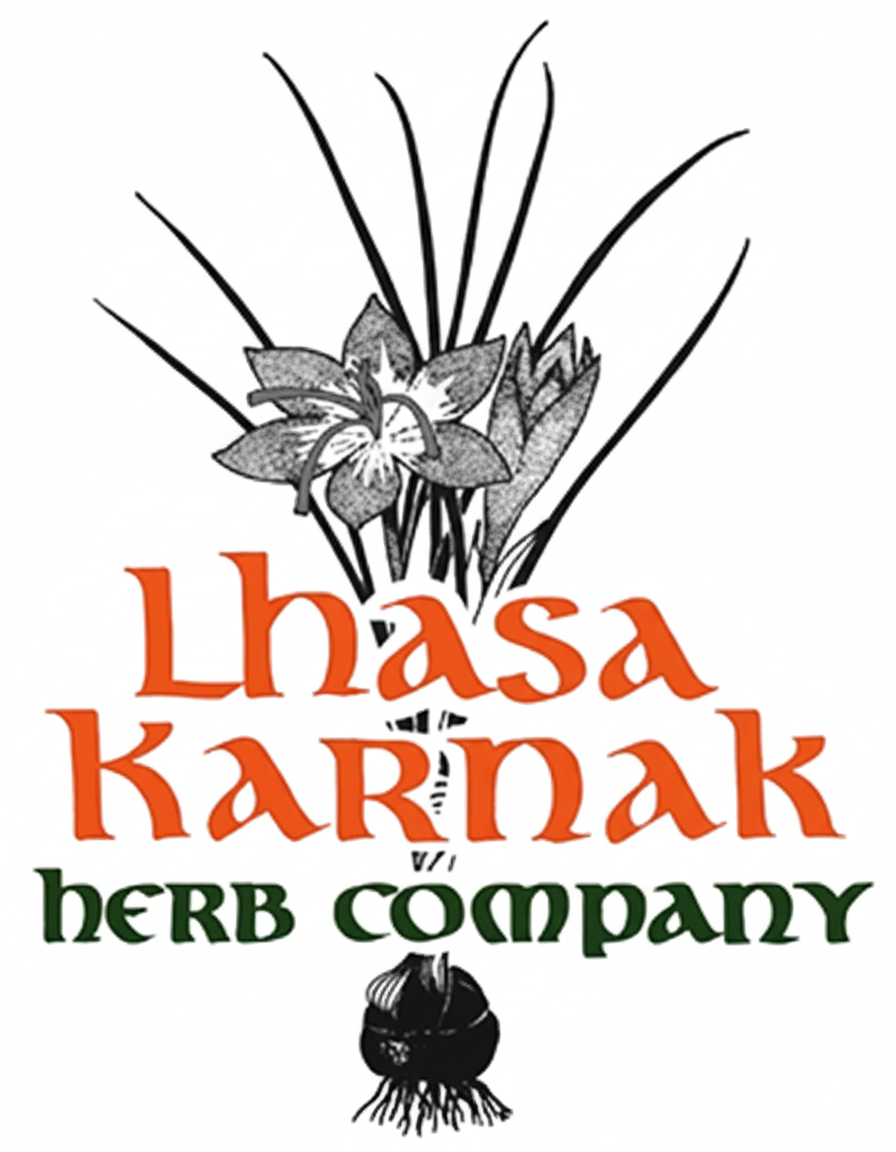Why Herbs Still Matter Today
Technology moves fast, but the way we heal hasn’t changed much. People still crave plants — their scents, colors, and small comforts.
Herbs remind us to slow down: to brew, steep, and sip. They bring humanity back to self-care. At Lhasa Karnak, every bag of chamomile or jar of oil represents that slower rhythm — knowledge measured by the scoop, not by the algorithm.
Herbalism endures because it belongs to everyone. It’s shared across counters, written on labels, and passed through generations — one ounce at a time.
Read more...
